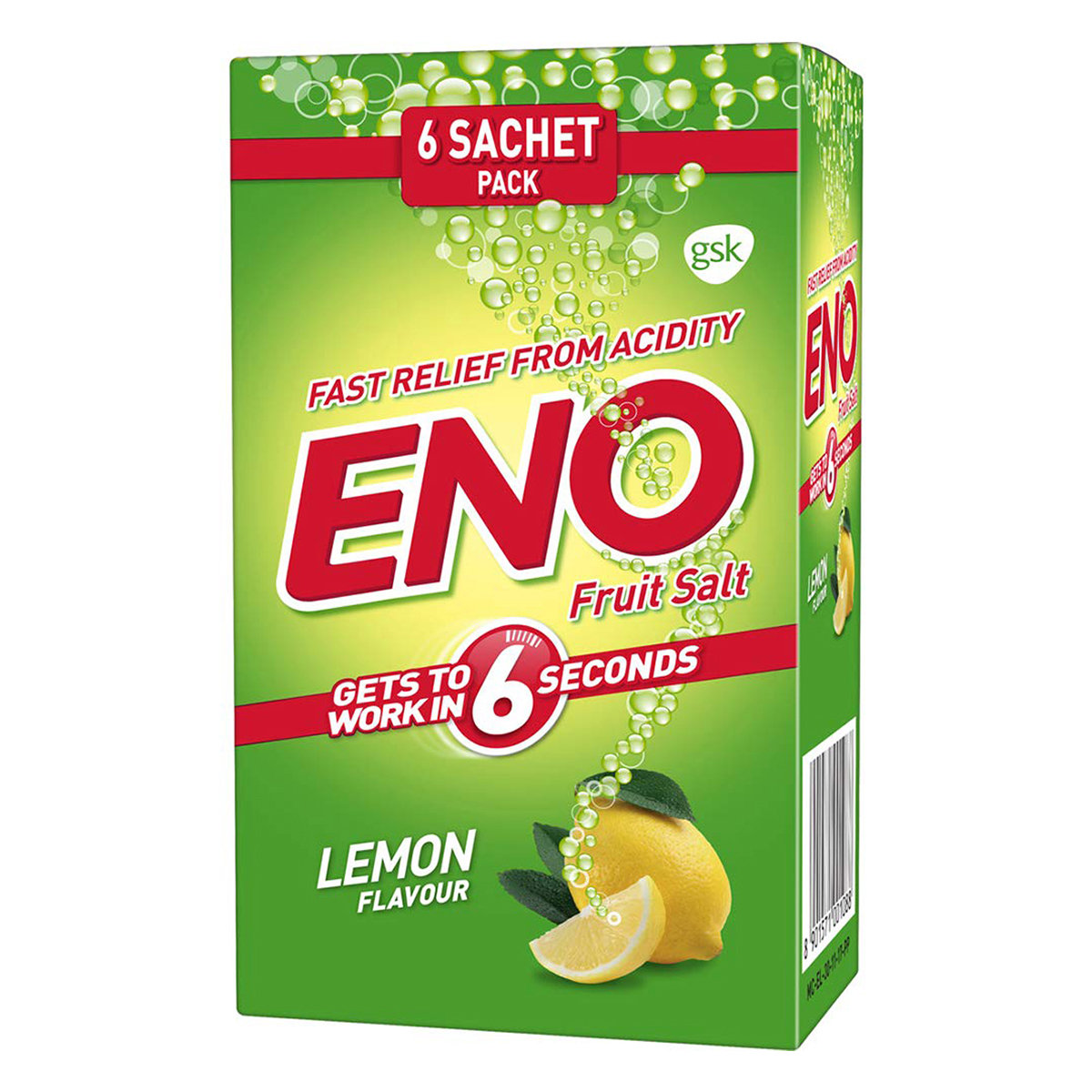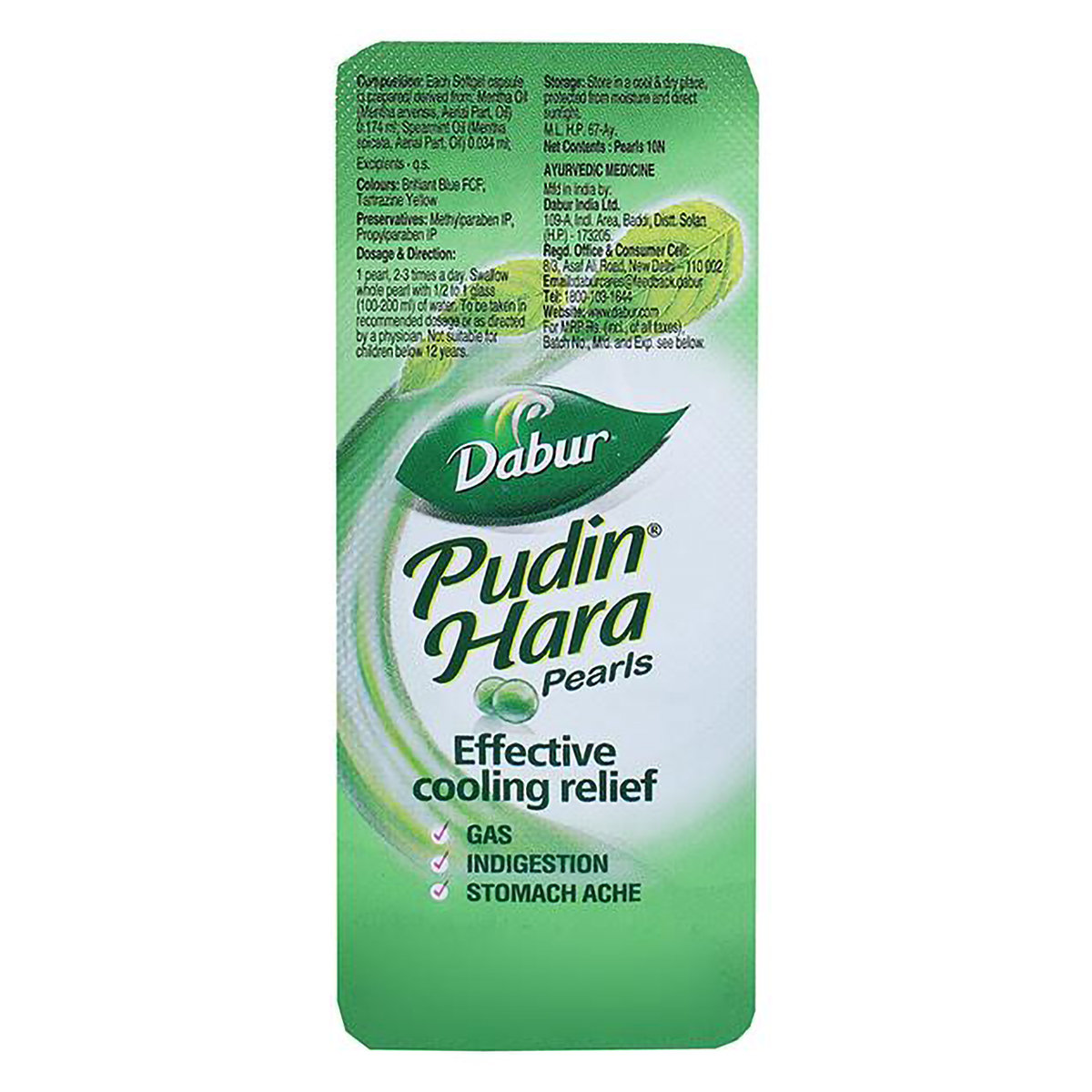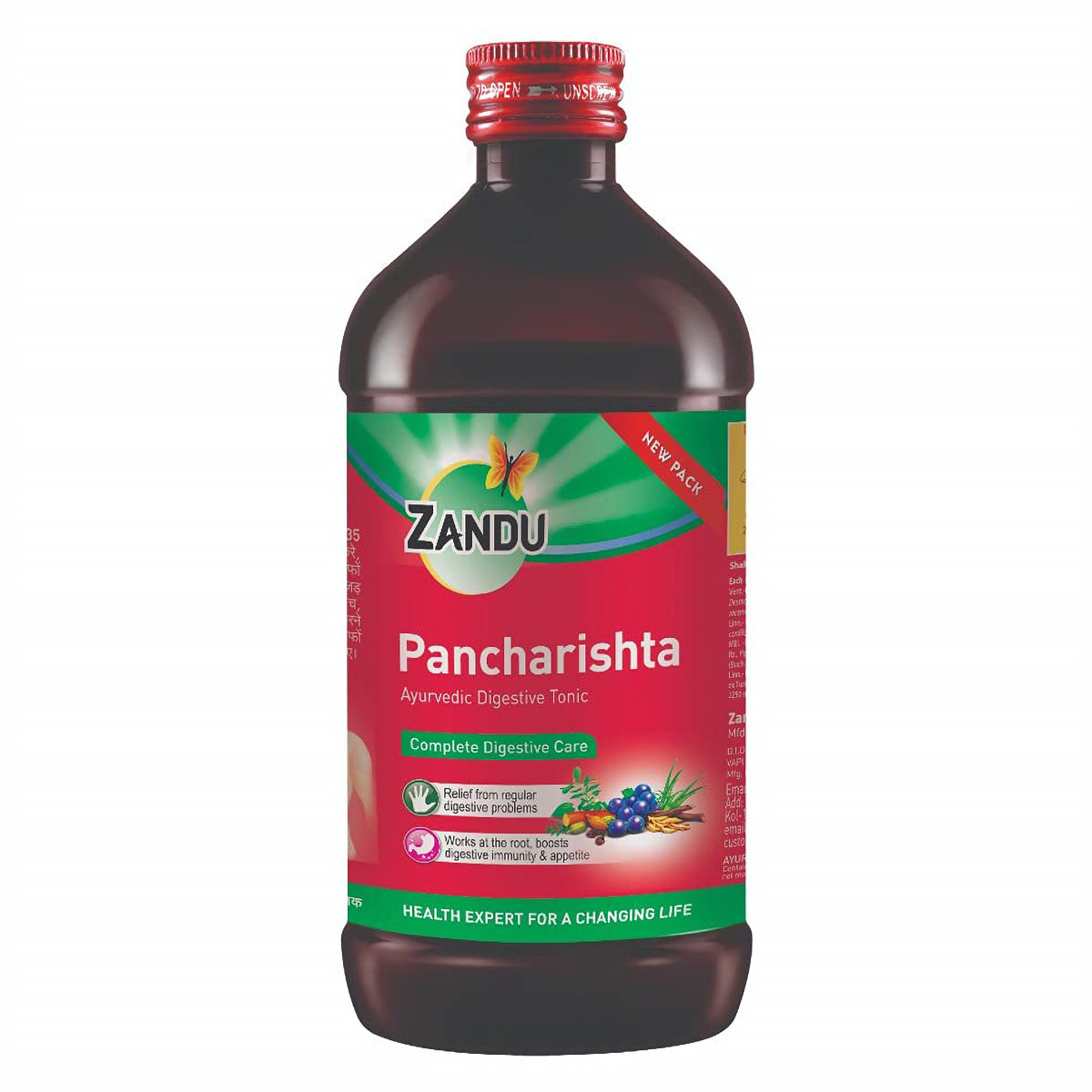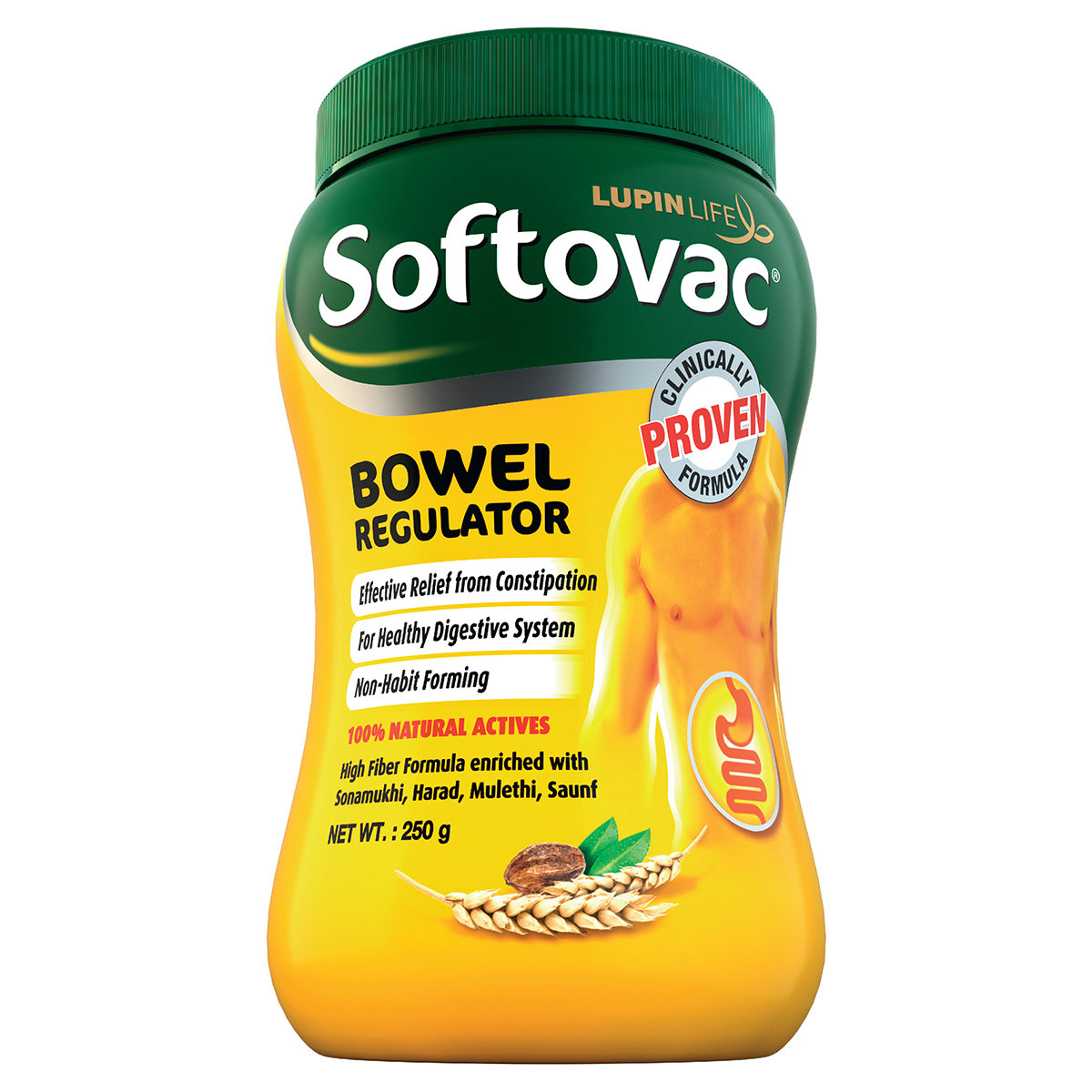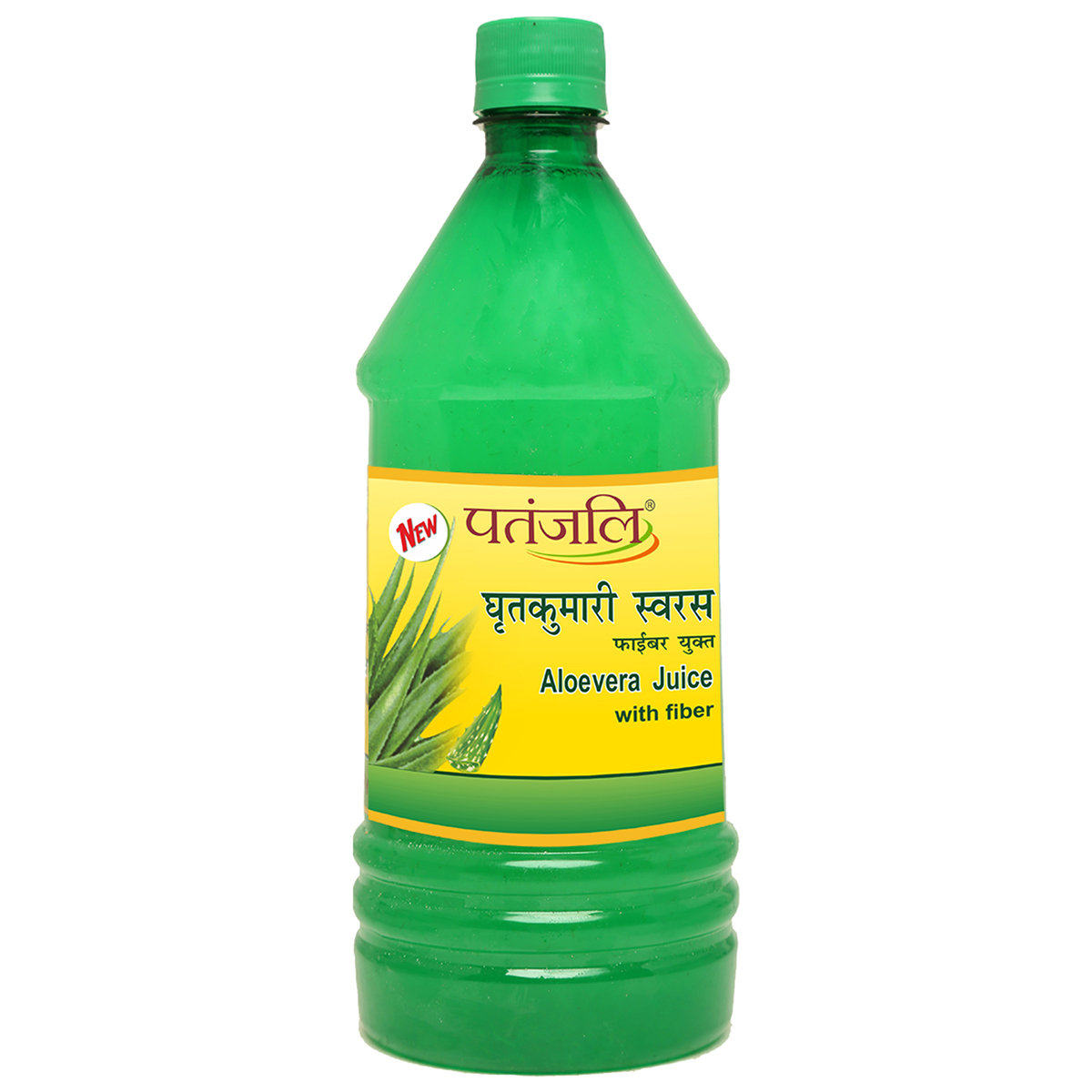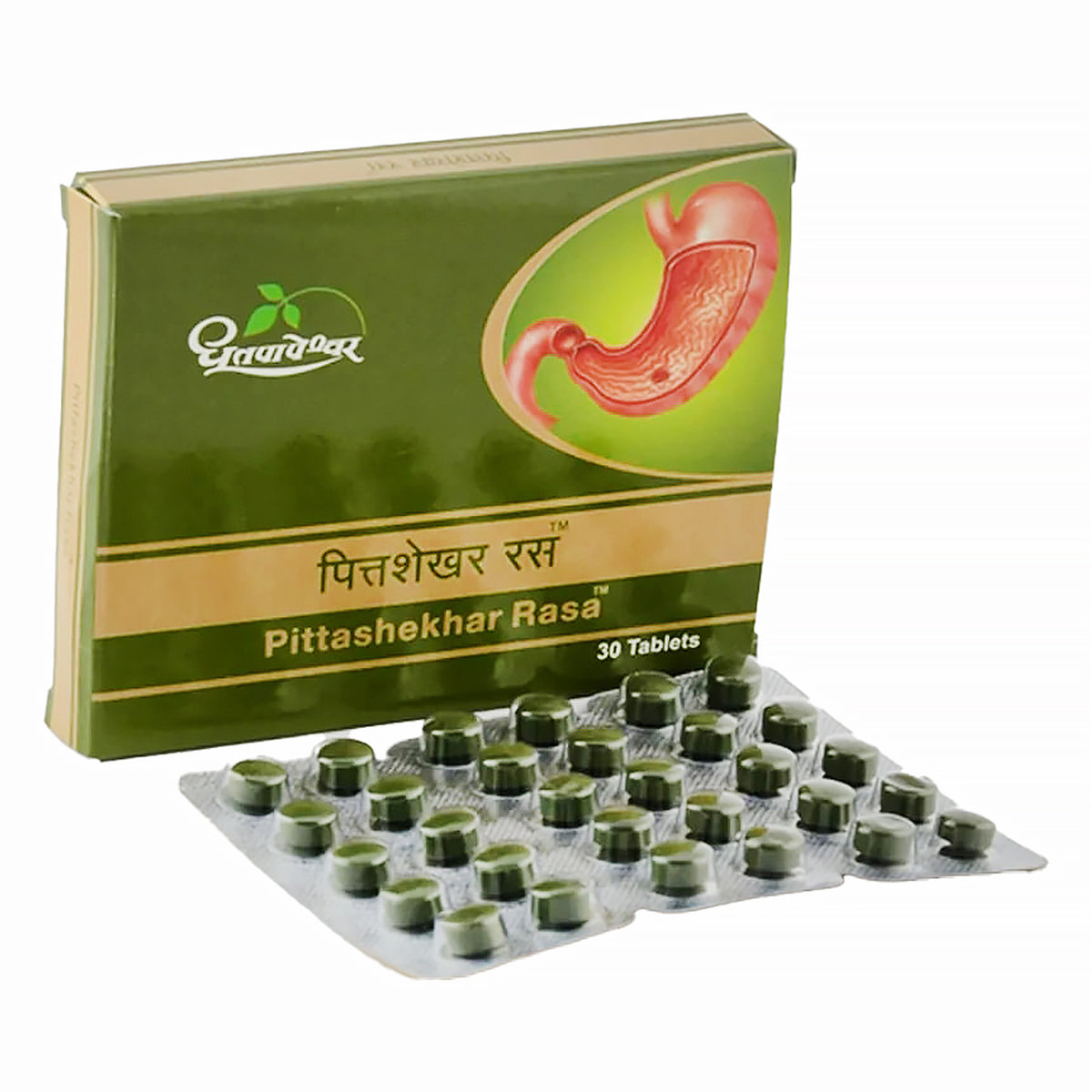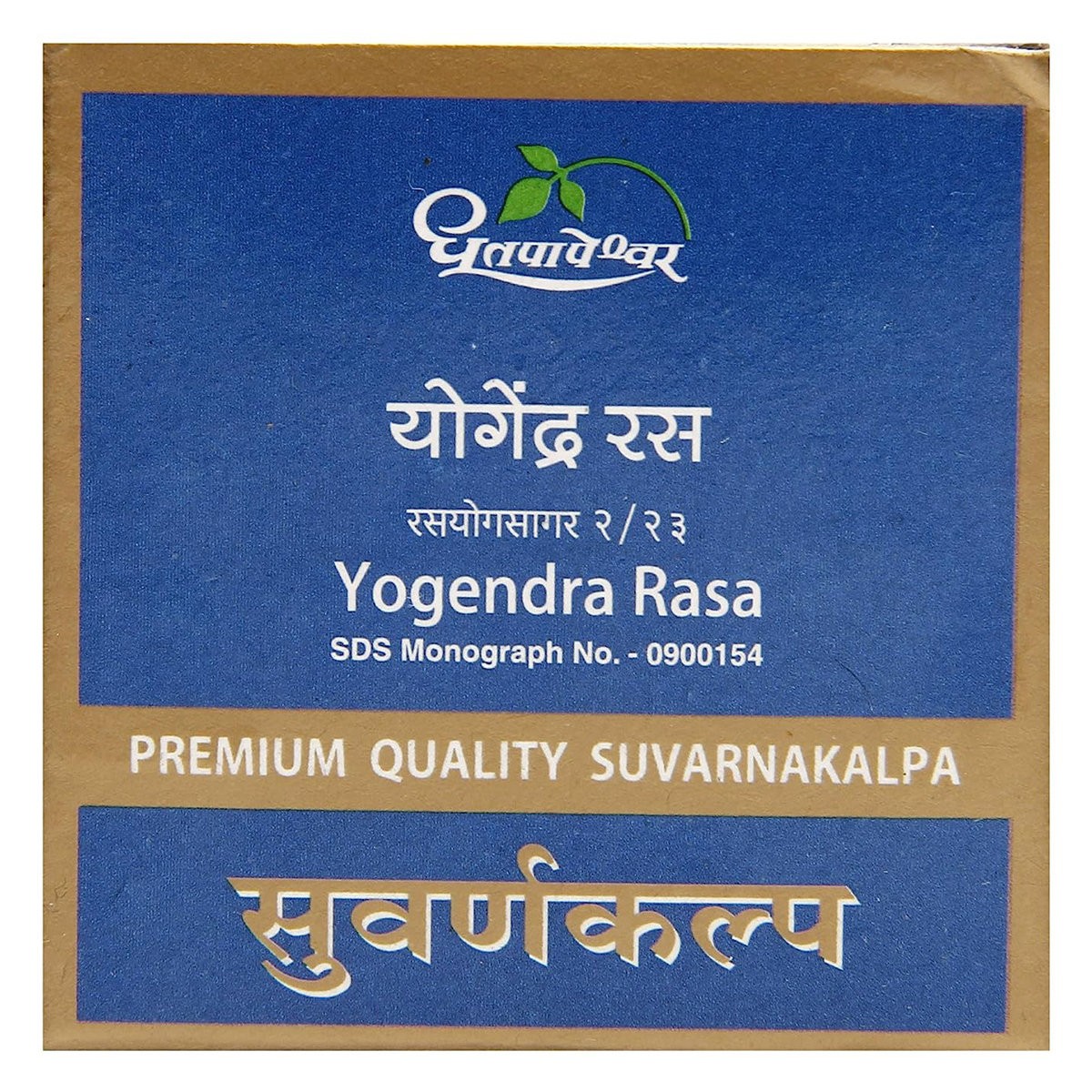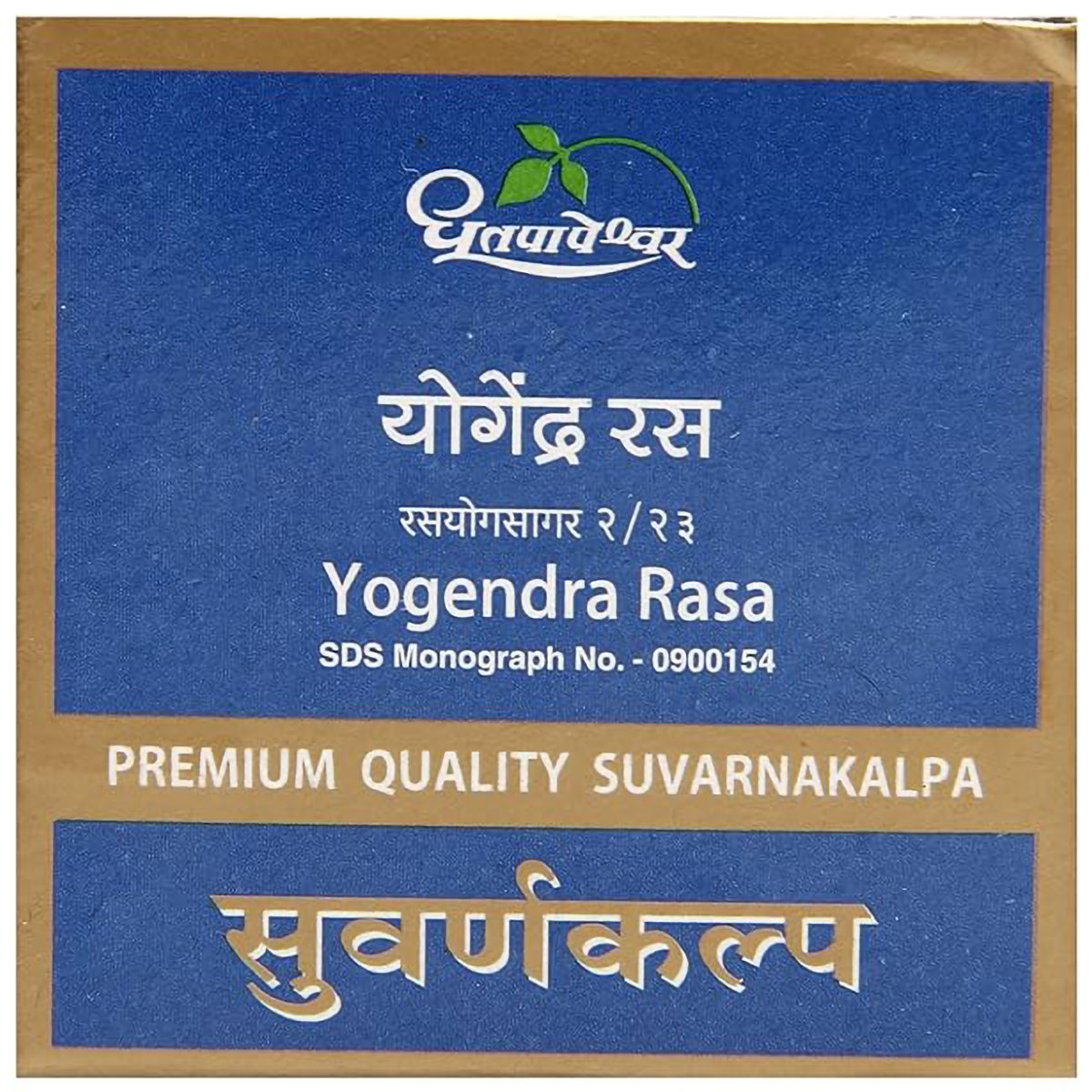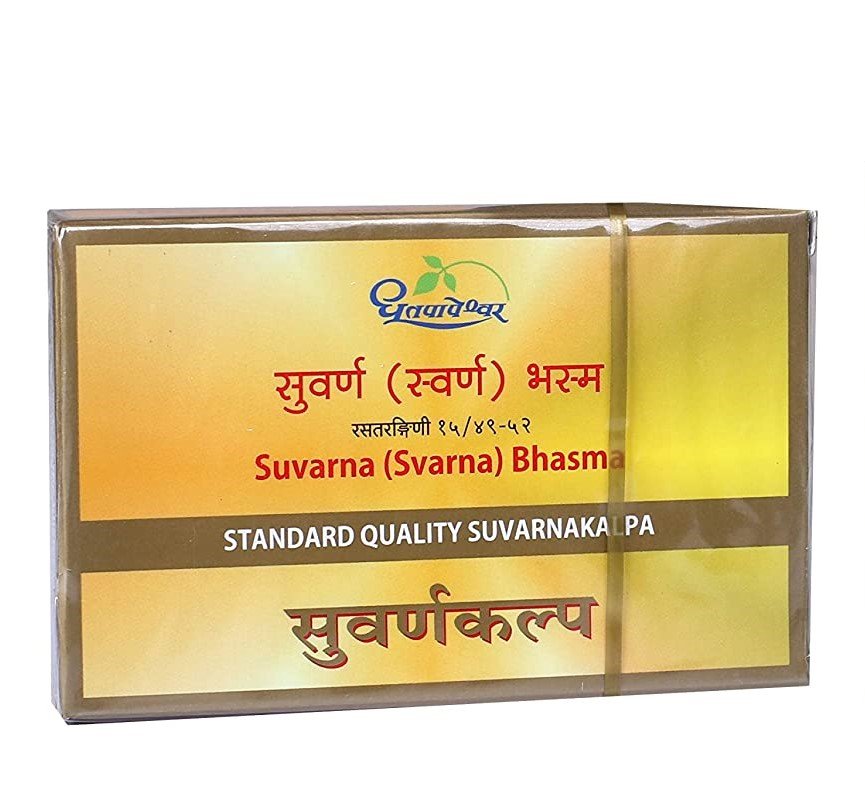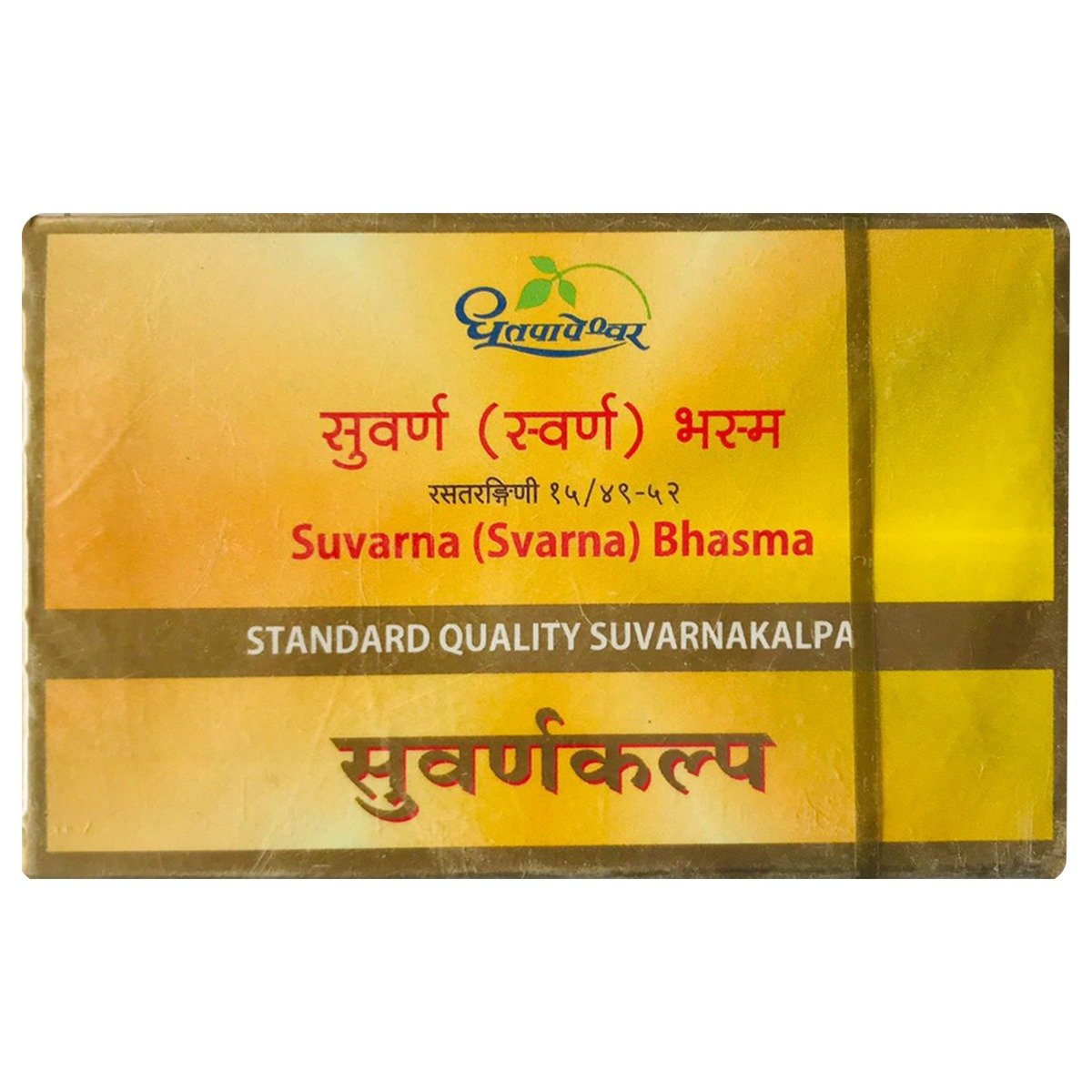Bolus-D Tablet 10's
MRP ₹173
(Inclusive of all Taxes)
₹25.9 Cashback (15%)
Know Your Delivery Time
Provide Delivery Location

Secure Payment

India's Most Trusted Pharmacy

Genuine Products
Composition :
Manufacturer/Marketer :
Consume Type :
Return Policy :
Expires on or after :
About Bolus-D Tablet
Bolus-D Tablet is indicated in the treatment of gastro-oesophageal reflux disease (acid reflux), erosive esophagitis (inflammation of the oesophagus due to acid reflux), and gastric and duodenal ulcers. Additionally, it is also used to relieve symptoms of nausea and vomiting, upper abdominal discomfort, feeling of discomfort, and regurgitation of gastric contents.
Bolus-D Tablet contains pantoprazole and domperidone. Pantoprazole works by reducing the amount of acid made by the stomach. Domperidone works by increasing the movements of the stomach and intestines. Together, Bolus-D Tablet helps treat acidity-related conditions.
The most common side effects of Bolus-D Tablet are diarrhoea, stomach pain, flatulence (gas), dry mouth, dizziness, and headache. Most of these side effects may not require medical attention and resolve over time. However, if the side effects persist or worsen, consult your doctor.
Do not take Bolus-D Tablet if you are allergic to any of its components. Consult the doctor if you are pregnant or breastfeeding. Bolus-D Tablet is not recommended for children below 12 years. Keep the doctor informed about your health condition and medications to prevent any interactions.
Uses of Bolus-D Tablet
Bolus-D Tablet is used in the treatment of Gastroesophageal reflux disease (GERD), Heartburn due to hyperacidity, Inflammation of the food pipe (esophagitis), and Peptic ulcers. The detailed uses of Bolus-D Tablet are as follows:
- Gastroesophageal Reflux Disease (GERD): Bolus-D Tablet is commonly used to alleviate GERD symptoms and lower stomach acid production by relieving heartburn and acid reflux.
- Peptic Ulcers: Bolus-D Tablet is useful in treating peptic ulcers, assisting in healing and minimising ulcer recurrence by regulating gastric acid output.
- Dyspepsia: Bolus-D Tablet is usually given to treat dyspeptic symptoms such as bloating, nausea, and discomfort by improving stomach motility.
- Zollinger-Ellison Syndrome: Bolus-D Tablet is used to treat Zollinger-Ellison syndrome, a disorder marked by increased stomach acid production, and it aids in reducing the symptoms and problems associated with the condition.
- Inflammation of the food pipe (esophagitis): Bolus-D Tablet is also involved in treating esophagitis and works by blocking the gastric proton pump to relieve symptoms and promote healing.

Have a query?
Directions for Use
- Bolus-D Tablet should be taken 30-60 minutes before a meal to enhance absorption and effectiveness.
- It is usually taken once daily in the morning or as advised by your doctor. If prescribed twice daily, take the second dose before dinner.
- Swallow Bolus-D Tablet as a whole with a glass of water.
- Do not crush, chew, open, or break it.
Medicinal Benefits
- Bolus-D Tablet is indicated in the treatment of acidity-related conditions, such as heartburn, gastro-oesophageal reflux disease (acid reflux), erosive esophagitis (inflammation of the oesophagus due to acid reflux), and gastric and duodenal ulcers.
- It is also used to relieve symptoms such as nausea and vomiting, upper abdominal discomfort, bloating, and regurgitation of gastric contents.
- Bolus-D Tablet contains pantoprazole and domperidone. Pantoprazole is a proton pump inhibitor which works by reducing the amount of acid produced in the stomach. Domperidone is a prokinetic that works by improving the movement of the stomach and intestines.
- Bolus-D Tablet helps manage acidity-related conditions, promotes digestion, and provides relief from associated discomfort.
How Bolus-D Tablet Works
Storage
What if I have taken an overdose of Bolus-D Tablet
Drug Warnings
- Do not take Bolus-D Tablet if you are allergic to any of its components.
- Inform the doctor if you have kidney, liver or heart problems, osteoporosis, high levels of calcium, blockage in the intestines, prolactinoma (prolactin-releasing pituitary tumour), or any other health condition.
- Prolonged intake of Bolus-D Tablet may increase the risk of cyanocobalamin deficiency, Clostridium difficile-associated Diarrhoea (CDAD), bone fractures, and low magnesium levels. Therefore, take Bolus-D Tablet only for the duration advised by your doctor. If you are on long-term treatment, regular monitoring is advised.
- Consult the doctor if you are pregnant or breastfeeding. Bolus-D Tablet is not recommended for children as safety and effectiveness have not been established.
- Let your doctor know if you are taking any other medicines, including supplements and herbal products, to prevent any interactions.
Diet & Lifestyle Advise
- Avoid intake of acid or heartburn-triggering foods or drinks like onions, peppermint, chocolate, caffeinated beverages, citrus fruits or juices, tomatoes and high-fat and spicy foods.
- Before going to sleep, try to raise your bedhead so that your head and chest are higher than your feet. Do not use piles of pillows; one raised block is fine. This will not allow the stomach acid to backflow through your food pipe.
- Avoid taking alcohol and smoking cigarettes. Alcohol can raise the level of production of stomach acid, leading to heartburn and acid reflux. On the other hand, nicotine smoking damages the valve (sphincter), which prevents the backflow of the stomach acid back into the food pipe.
- Include high fibre-containing foods, berries, cherries, leafy green veggies (kale, spinach) and black peppers in your meal. These foods are full of antioxidants, calcium and vitamin B12 that can help cope with the long-term effects of the medicine. Fermented dairy products like miso, sauerkraut, and kimchi contain probiotics which help prevent excess stomach acid production. Cranberry juice can be beneficial for peptic ulcers and H pylori infection.
- Avoid sitting continuously, as it can increase stomach acid production. Take a break of 5 minutes in 1 hour by brisk walking or stretching.
Habit Forming
Therapeutic Class
All Substitutes & Brand Comparisons
RX
Pezorpol D Tablet 10's
Daylon healthcare pvt Ltd
₹87
(₹7.83 per unit)
49% CHEAPERRX
Panbrite Plus Tablet 10's
New Horizons Healthcare Pvt Ltd
₹99
(₹8.91 per unit)
42% CHEAPERRX
Pansol-D Tablet 10's
Medi Biotech India Pvt Ltd
₹101
(₹9.09 per unit)
41% CHEAPER
Alcohol
Caution
It is best to avoid alcohol while taking medication.
Pregnancy
Caution
If you are pregnant, think you may be pregnant or are planning to have a baby, ask your doctor for advice before taking this medicine. You should use this medicine only if your doctor considers the benefit for you greater than the potential risk for your unborn child or baby.
Breast Feeding
Caution
Bolus-D Tablet should be used in breastfeeding mothers only if the benefits outweigh the risks.
Driving
Caution
Drive only if you are physically stable and mentally focussed, If you experience drowsiness after taking Bolus-D Tablet you should not drive or operate any machinery or vehicles.
Liver
Caution
In patients with severe liver impairment, the liver enzymes should be monitored regularly during treatment with pantoprazole, particularly on long-term use
Kidney
Caution
Inform your doctor before receiving the Bolus-D Tablet if you have a kidney impairment/disorder. Your doctor will prescribe only if the benefits outweigh the risks.
Children
Caution
Bolus-D Tablet is not recommended for children as safety and effectiveness have not been established.
Heart
Bolus-D Tablet should be taken with caution in patients with heart disease. Please consult your physician.
Geriatrics
Safe if prescribed
Bolus-D Tablet is safe for use in geriatric patients if prescribed by the physician.
FAQs
Bolus-D Tablet is used to treat Gastroesophageal reflux disease (GERD), Heartburn due to hyperacidity, Inflammation of food pipe (esophagitis), and Peptic ulcer.
Domperidone works by increasing the movement of food through the stomach and the digestive tract more quickly and, in this way, reduces the feeling of bloating, fullness and indigestion. On the other hand, it effectively blocks the action of a vomiting centre (chemoreceptor trigger zone - CTZ) located in your brain, which is responsible for inducing the feeling of nausea and vomiting. Pantoprazole helps in reducing stomach acid by blocking the actions of an enzyme (H+/K+ ATPase or gastric proton pump). This proton pump lies in the cells of the stomach wall and is responsible for the release of gastric acid, damaging tissues in the food pipe, stomach, and duodenum.
Bolus-D Tablet can be safely taken as long as your doctor has prescribed it to you.
Yes, taking Bolus-D Tablet for a very long time can cause calcium depletion in the body, leading to weakening of bones. Hence, a calcium and vitamin D supplement is recommended along with Bolus-D Tablet to replenish calcium depletion in the body.
Yes. Bolus-D Tablet can alter certain medical tests, such as those for neuroendocrine tumours (secretin stimulation test) and urine screening tests for tetrahydrocannabinol (THC). So, before undergoing such diagnostic tests, contact your doctor.
Prolonged intake of Bolus-D Tablet may weaken your bones and lower your haemoglobin level. Your doctor may prescribe you Vitamin B12 to enhance haemoglobin and calcium/vitamin D/magnesium supplements for bone health.
A combination of pantoprazole and domperidone is effective and safe.
No, Bolus-D Tablet is a prescribed drug with minimal side effects. Only take it if your doctor has recommended it to you for acidity.
Bolus-D Tablet is an antacid medicine containing Domperidone (anti-emetic) and Pantoprazole (proton pump inhibitor). It is used to treat acidity-related conditions.
Yes, Bolus-D Tablet is safe for use if taken in the dose and duration prescribed by the doctor.
Do not take Bolus-D Tablet if you are allergic to any of its components. It should be used with caution in patients with liver or kidney disease.
Dry mouth could be a side-effect of Bolus-D Tablet . Limiting caffeine intake, avoiding smoking and mouthwashes containing alcohol, drinking water regularly and chewing sugar-free gum/candy might help in stimulating saliva and thereby prevents drying of the mouth.
Bolus-D Tablet may cause diarrhoea as a side effect. Drink enough fluids and eat fibre-rich food if you experience diarrhoea. Consult the doctor if the diarrhoea persists or worsens.
Store Bolus-D Tablet at room temperature, in a dry place. Keep out of sight and reach of children.
Foods/drinks that aggravate acidity like fried or spicy food, butter, oil, beverages containing caffeine, citrus fruits and alcohol should be avoided.
Alcohol may not affect Bolus-D Tablet . However, it might increase acid production. Therefore, avoid alcohol consumption.
Do not discontinue Bolus-D Tablet without consulting your doctor. To treat your condition effectively, keep taking Bolus-D Tablet for the prescribed duration.
Country of origin
Manufacturer/Marketer address
Disclaimer
Author Details
We provide you with authentic, trustworthy and relevant information





